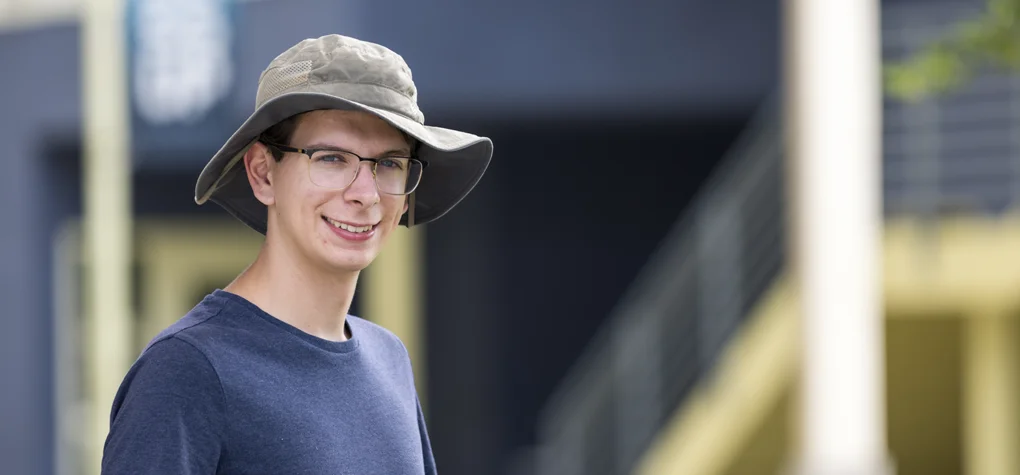
Artificial Intelligence in the Classroom
There were many reasons James Rivers decided to attend Jessup to earn his undergraduate degree in English. Excellent academics, a Christian environment and the ease of applying seemed to do the trick. “After meeting with professors and having some meaningful discussions, I was impressed,” he said. “I wanted to go to a school where I didn’t have to defend my faith to professors or other students. To top it off, the application process was straightforward unlike so many of the other schools I was considering.”
Rivers’ interest in English and literature began in high school. “That’s when I realized I had a strong appreciation for reading literature, writing and analyzing it,” he said. “I was homeschooled and decided to add another literature course which made me want to explore the field more.” Initially Rivers thought he would pursue teaching but now, he is interested in the editing profession. “I see myself starting in some sort of copy editing position, whether that be for a website, magazine or books.”
Last semester, Rivers was one of five upper-level students to participate in professor Cameron Wilson’s course. The students embarked on a project designed to explore Natural Language Processing to learn about the intersection of computer language and human language and to discover how ChatGPT could assist in writing code to perform textual analysis.
As a junior, Rivers’ first idea was to explore usage of passive tense between Russian and English literature but soon learned the tools weren’t as efficient as he had hoped when analyzing passive verb construction. “The project familiarized us with tools in the Natural Language Toolkit (NLTK) which was useful. One of those tools was N-grams that allowed me to find the number of occurrences of a particular word or short phrase. I ran this tool on some of the classic works such as Little Women and the Iliad,” he said. “It wasn’t too surprising to learn the most common two-word phrase from Little Women was ‘Mrs. March’ but things become much more interesting when you refine your searches. I also compared translated works to determine what percentage were adverbs because some professors insist a good writer will replace adverbs with a better chosen verb.”
The project allowed students to gain a better understanding of how artificial intelligence could impact the classroom and writing professions. “Another student in our class explored how the tools could be used to enhance school curriculums. Ultimately AI can free teachers from mundane tasks such as developing 10 study guide questions for Don Quixote thereby making it easier for teachers to invest more time working directly with students,” he said. “AI essentially rehashes and creates lots of repetitive content but in the end, I think the artistry of writing is hard to replicate. ChatGPT is a great aid to assist someone with their writing, especially when you can’t find the right word or struggle with writer’s block.”
